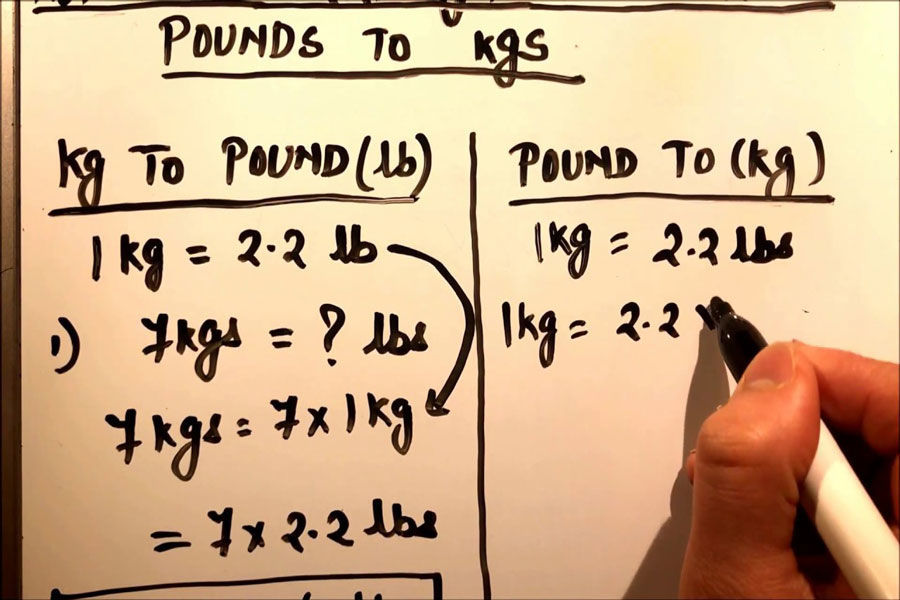Pound
Definition: A pound (symbol: lb) is a unit of mass used in the imperial and US customary systems of measurement. The international avoirdupois pound (the common pound used today) is defined as exactly 0.45359237 kilograms. The avoirdupois pound is equivalent to 16 avoirdupois ounces.
Current use: The pound as a unit of weight is widely used in the United States, often for measuring body weight. Many versions of the pound existed in the past in the United Kingdom (UK), and although the UK largely uses the International System of Units, pounds are still used within certain contexts, such as labelling of packaged foods (by law the metric values must also be displayed). The UK also often uses both pounds and stones when describing body weight, where a stone is comprised of 14 pounds.
Kilogram
Definition: A kilogram (symbol: kg) is the base unit of mass in the International System of Units (SI). It is currently defined based on the fixed numerical value of the Planck constant, h, which is equal to 6.62607015 × 10-34 in the units of J·s, or kg·m2·s-1. The meter and the second are defined in terms of c, the speed of light, and cesium frequency, ΔνCs. Even though the definition of the kilogram was changed in 2019, the actual size of the unit remained the same. The changes were intended to improve the definitions of SI base units, not to actually change how the units are used throughout the world.
Current use: As a base unit of SI, the kilogram is used globally in nearly all fields and applications, with the exception of countries like the United States, where the kilogram is used in many areas, at least to some extent (such as science, industry, government, and the military) but typically not in everyday applications.
How to Convert Pound to Kilogram
1 lbs = 0.45359237 kg
1 kg = 2.2046226218 lbs
Example: convert 15 lbs to kg:
15 lbs = 15 × 0.45359237 kg = 6.80388555 kg





